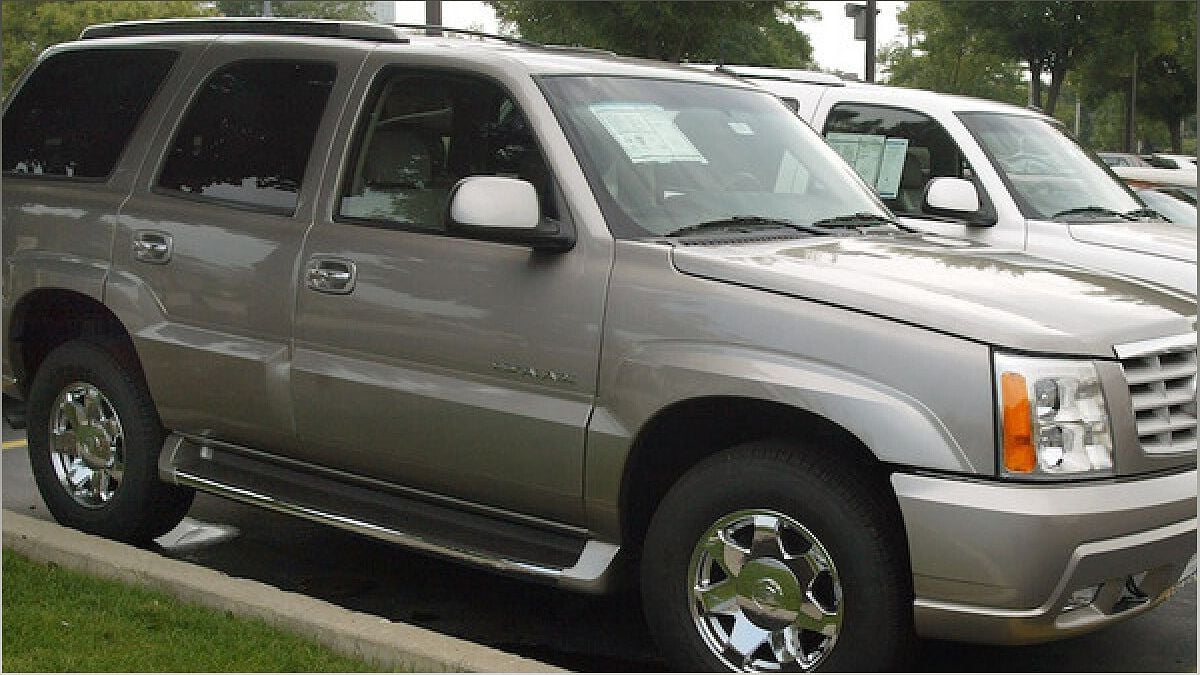The Impact of SUVs on Climate: A Decade of Missed Opportunities
The negative impact on the climate from passenger vehicles, particularly SUVs, has been a significant concern in recent years. A new report from the Global Fuel Economy Initiative reveals that if not for the world’s growing appetite for large cars, the drop in climate impact could have been over 30% in the past decade. In this article, we delve into the rise of SUVs, their contribution to carbon emissions, and the missed opportunities for reducing their environmental impact.
The Rise of SUVs: A Climate Concern
Explore the increasing popularity of SUVs and its detrimental impact on the climate.
Sport utility vehicles, or SUVs, have witnessed a staggering rise in popularity over the past decade, becoming the dominant choice for car buyers worldwide. However, this surge in SUV demand has come at a significant cost to the environment, contributing to a substantial increase in carbon dioxide emissions.
Despite advancements in fuel efficiency technology, the sheer size and weight of SUVs result in higher fuel consumption and subsequent emissions. This trend has hindered progress in reducing the climate impact of passenger vehicles, posing a pressing concern for environmentalists and policymakers alike.

Missed Opportunities for Emission Reduction
Discover the potential emission reductions that could have been achieved if SUVs had not gained popularity.
The Global Fuel Economy Initiative report highlights the missed opportunities for emission reduction due to the growing preference for SUVs. It suggests that if consumers had continued purchasing vehicles of the same size as a decade ago, the negative environmental impact of SUVs could have been reduced by more than one-third.
Electric vehicles (EVs) offer a promising solution to mitigate the environmental impact of SUVs. However, the adoption of EVs has been relatively slow, especially in the United States. Despite their potential to reduce emissions, EVs accounted for only a small fraction of the global car market last year.
By exploring alternative transportation options and encouraging the widespread adoption of cleaner vehicles, we can seize the missed opportunities for emission reduction and work towards a more sustainable future.
The Weighty Impact of SUVs
Understand how the increasing size and weight of SUVs contribute to their environmental footprint.
One of the primary factors contributing to the environmental impact of SUVs is their substantial weight. SUVs are typically heavier than sedans or smaller vehicles, resulting in higher fuel consumption and emissions.
Even the most fuel-efficient SUVs cannot match the efficiency of smaller vehicles due to their weight. The additional weight requires more energy to move, leading to increased fuel consumption and carbon dioxide emissions.
While compact SUVs offer slightly better fuel efficiency compared to larger models, their overall impact on the environment remains significant. To address this issue, automakers and researchers are actively working on developing lighter materials and improving the efficiency of SUVs to reduce their weight and environmental footprint.
The Role of Electric Vehicles
Explore how electric vehicles can help mitigate the environmental impact of SUVs.
Electric vehicles (EVs) present a promising solution to combat the environmental impact of SUVs. By shifting to EVs, we can significantly reduce carbon emissions and dependency on fossil fuels.
While the initial availability of EVs was limited to sedans and smaller vehicles, more automakers are now introducing electric SUV models. These electric SUVs offer the benefits of zero tailpipe emissions and lower operating costs, making them an attractive alternative to traditional gas-powered SUVs.
However, it is crucial to consider the overall environmental impact of EVs, including the production and disposal of batteries. Efforts are underway to improve battery technology, reduce their weight, and minimize the use of critical minerals, ensuring a more sustainable transition to electric vehicles.
Shifting Consumer Preferences
Examine the factors driving consumer preferences towards SUVs and the need for a shift in mindset.
Consumer preferences have played a significant role in the rise of SUVs. The desire for spaciousness, versatility, and a sense of security has driven many buyers towards larger vehicles.
However, it is essential to reconsider our priorities and shift towards more sustainable transportation options. By choosing smaller, fuel-efficient vehicles or embracing alternative modes of transportation, we can reduce our carbon footprint and contribute to a greener future.
Education and awareness campaigns can also play a crucial role in changing consumer mindsets and promoting the benefits of eco-friendly transportation choices. Together, we can make a positive impact on the environment and create a more sustainable world.
